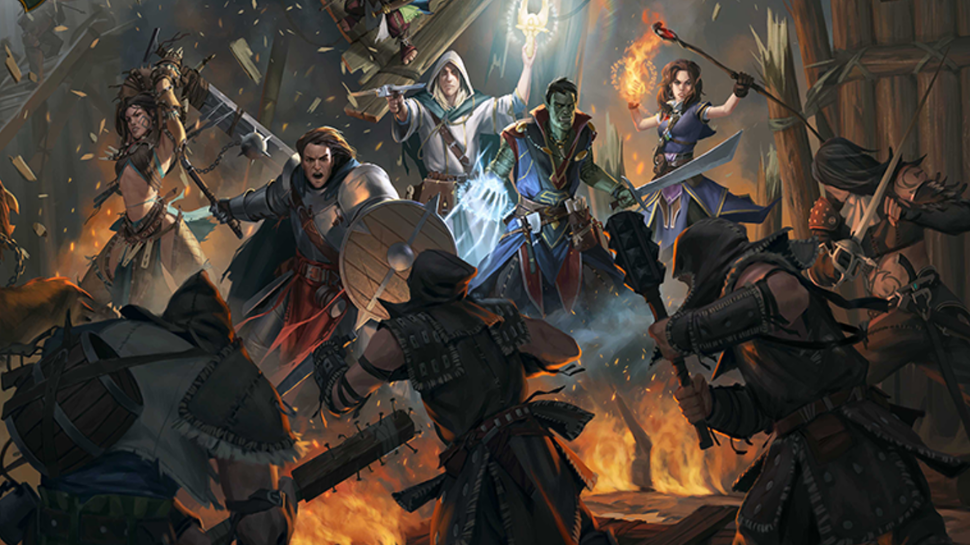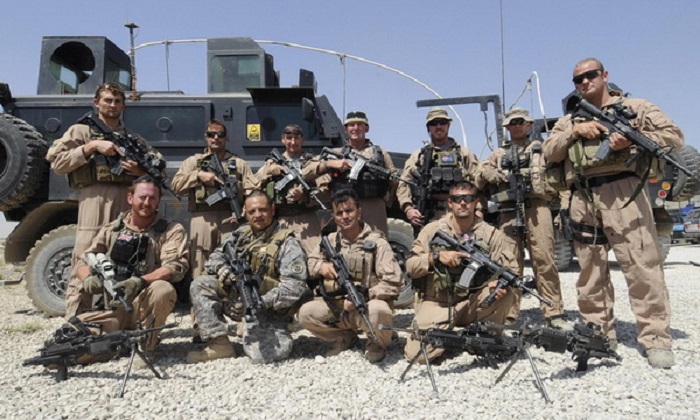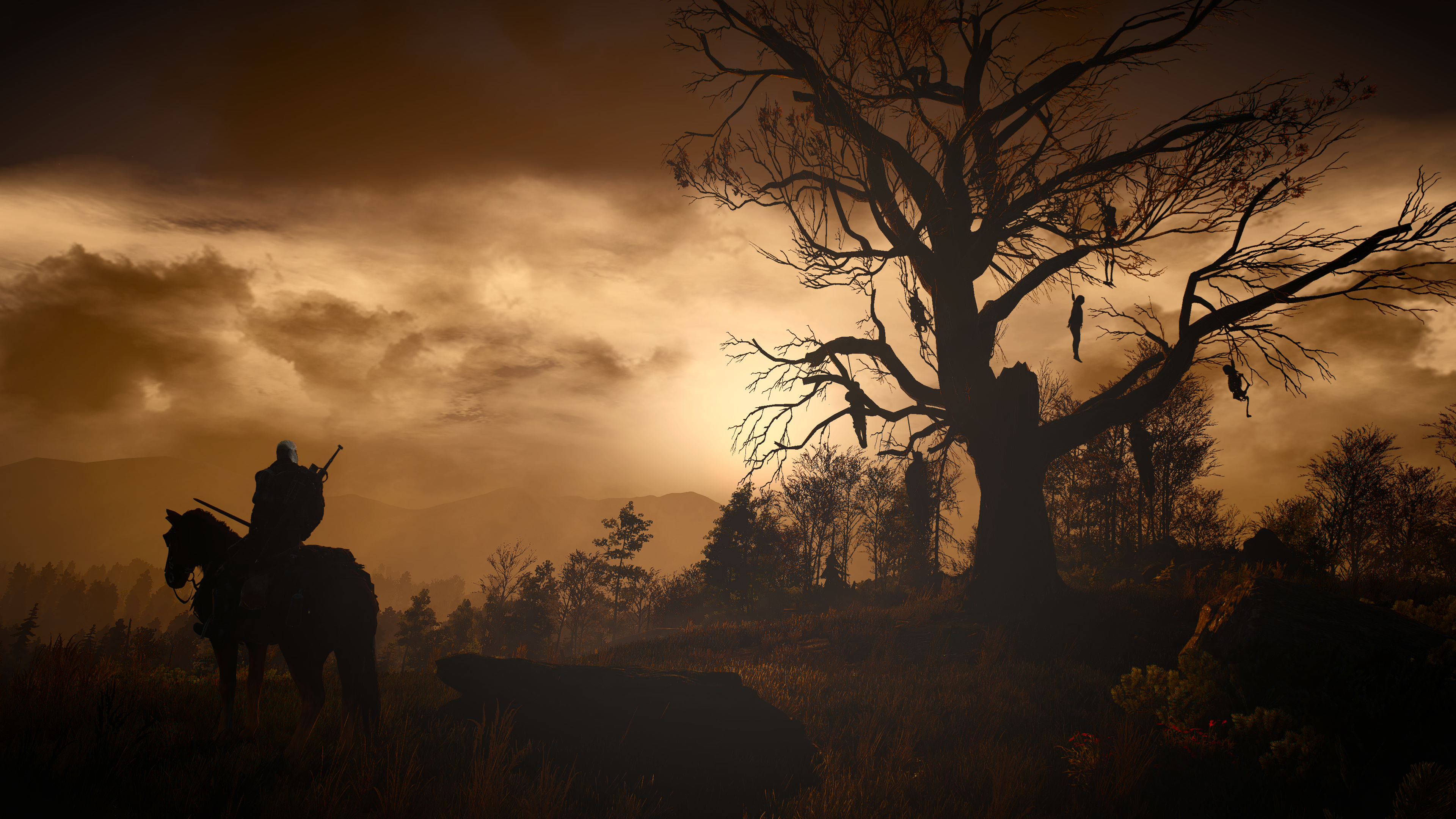Did you ever faintly remember a song or film you encountered when you were very young, only to be reminded of it decades later, but didn’t remember the name of it? Every six to twelve months I tried googling this one roleplaying game that my cousin owned for the Commodore 64. I remember thinking it was fantastic and I remember it being incredibly sophistic for its time. I remember it came with a huge map but I couldn’t for the life of me remember what it was called.
Times of Lore, finally.
Now I just need to remember that strange, post-apocalyptic film that I once watched at my aunt’s home when I must have been about seven or eight years old. I remember it being kind of like Mad Max, but then with enormous, mutated insects.



